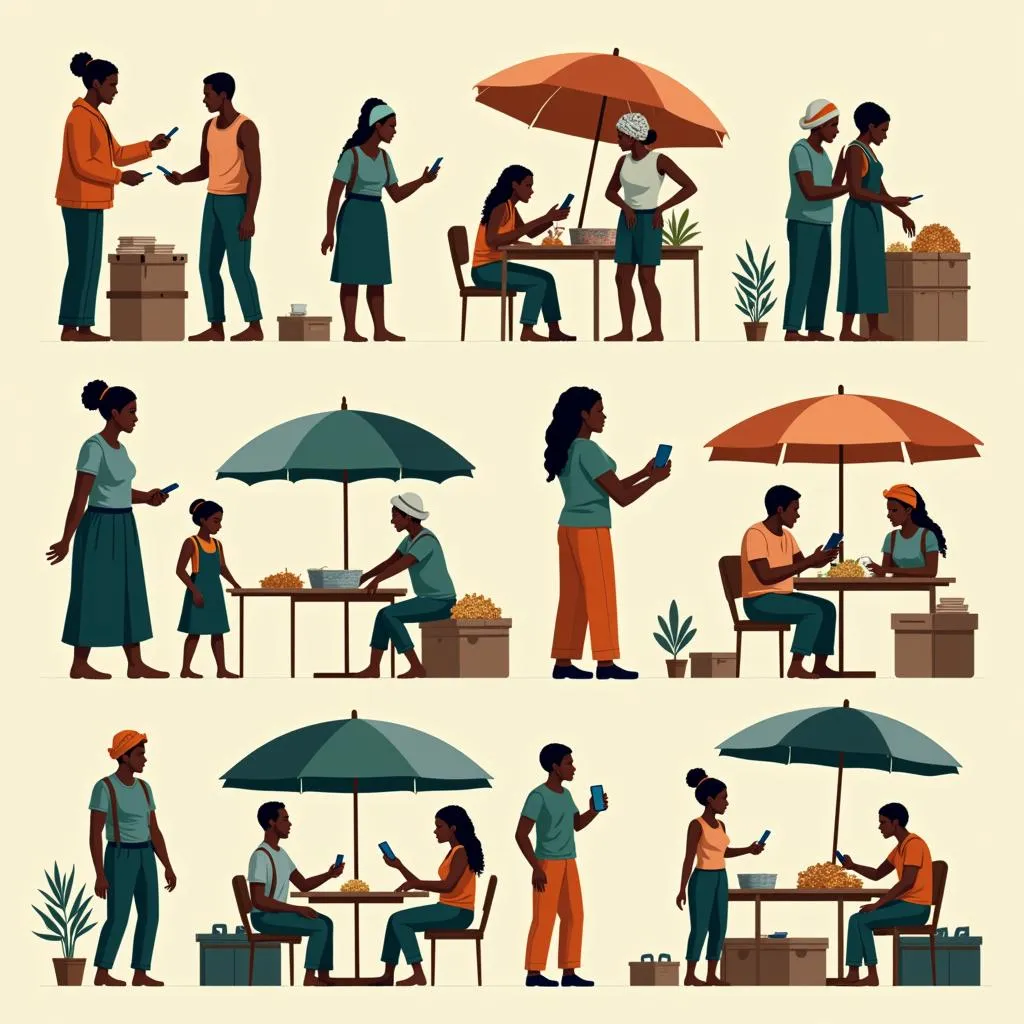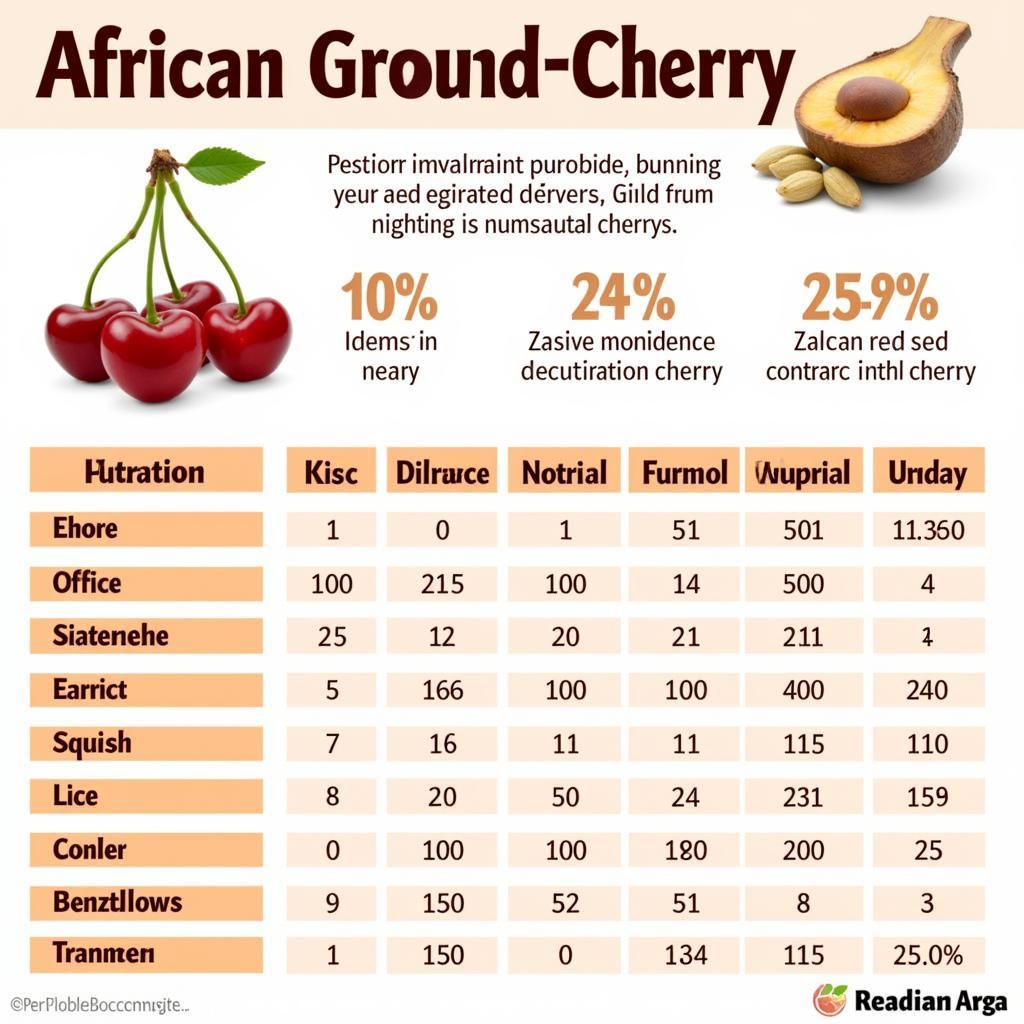Exploring the Potential of African Digital Currency
The African continent is buzzing with the transformative potential of digital currency. From mobile money innovations to the rise of blockchain technology, Africa is embracing new ways to transact, invest, and participate in the global financial landscape. This surge in interest goes beyond simply adopting existing cryptocurrencies; it signifies a desire to create solutions tailored to the unique needs and opportunities within Africa.
Africa’s Fintech Revolution: A Breeding Ground for Digital Currency
Africa’s journey with digital finance has been marked by remarkable growth, particularly in the mobile money sector. Services like M-Pesa have revolutionized financial inclusion, providing access to financial services for millions who were previously excluded from traditional banking systems. This foundation in mobile-based transactions has paved the way for a deeper exploration of digital currencies.
What Does African Digital Currency Mean?
The term “African Digital Currency” can encompass a range of possibilities:
- Central Bank Digital Currencies (CBDCs): Several African nations are exploring or actively developing CBDCs, which are digital versions of their national currencies backed by their respective central banks.
- Private Cryptocurrencies: Entrepreneurs and developers across the continent are creating blockchain-based cryptocurrencies aimed at solving local challenges, facilitating cross-border payments, or providing investment opportunities.
- Stablecoins: Pegged to stable assets like the US dollar or a basket of currencies, stablecoins offer price stability and can play a role in remittances and cross-border trade.
 African Mobile Money Transactions in Action
African Mobile Money Transactions in Action
Driving Forces Behind the Digital Currency Wave
Several factors are fueling the interest in African digital currency:
- Financial Inclusion: Digital currencies have the potential to reach the unbanked populations, empowering individuals and businesses with greater access to financial services.
- Cross-Border Payments: Sending money across borders in Africa can be expensive and time-consuming. Digital currencies offer faster and more cost-effective solutions.
- Inflation Hedging: In regions experiencing currency volatility or inflation, digital currencies, particularly stablecoins pegged to stable assets, can provide a hedge against economic uncertainty.
- Technological Innovation: Africa boasts a young and tech-savvy population eager to adopt new technologies, making it fertile ground for digital currency adoption.
Key Players: Governments, Startups, and Global Collaborations
The development of the African digital currency ecosystem involves a diverse range of actors:
- Central Banks: Leading the exploration of CBDCs, with countries like Nigeria, Ghana, and South Africa at the forefront.
- Fintech Startups: Agile startups are creating innovative blockchain solutions, payment platforms, and cryptocurrency exchanges tailored to the African market.
- International Organizations: The World Bank, IMF, and other organizations are providing guidance, research, and funding to support digital currency initiatives.
 Vibrant African Fintech Startup Hub
Vibrant African Fintech Startup Hub
Challenges and Considerations on the Horizon
While the potential is vast, African digital currency adoption also faces significant challenges:
- Regulation: Clear and consistent regulatory frameworks are crucial for fostering innovation while protecting consumers and ensuring financial stability.
- Infrastructure: Expanding internet and smartphone access is essential for widespread adoption, especially in rural areas.
- Education and Awareness: Promoting financial literacy and raising awareness about the potential benefits and risks of digital currencies is key.
- Cybersecurity: Robust cybersecurity measures are vital to protect users and build trust in the system.
Looking Ahead: A Future Shaped by Innovation
The African digital currency landscape is dynamic and evolving rapidly. As governments, entrepreneurs, and investors collaborate, we can expect to see continued innovation and growth in this sector. African digital currencies have the potential to revolutionize finance, drive economic growth, and empower individuals across the continent.
FAQs About African Digital Currency
1. What is the most popular digital currency in Africa?
While Bitcoin remains widely recognized, mobile money platforms like M-Pesa still dominate the digital transaction space. Various African countries are also in different stages of developing their own CBDCs.
2. How are African countries regulating digital currencies?
Regulation varies significantly across the continent. Some countries are adopting proactive approaches to create enabling frameworks, while others remain cautious.
3. Are there any risks associated with using digital currencies in Africa?
As with any financial innovation, risks exist. These can include price volatility, cybersecurity threats, and the potential for fraud. It’s essential to do thorough research and exercise caution.
 African Digital Currency – A Future of Possibilities
African Digital Currency – A Future of Possibilities
Need Support? Get in Touch
For any assistance or inquiries regarding African digital currencies and related topics, please contact us:
Phone: +255768904061
Email: kaka.mag@gmail.com
Address: Mbarali DC Mawindi, Kangaga, Tanzania
Our dedicated customer support team is available 24/7 to assist you.


